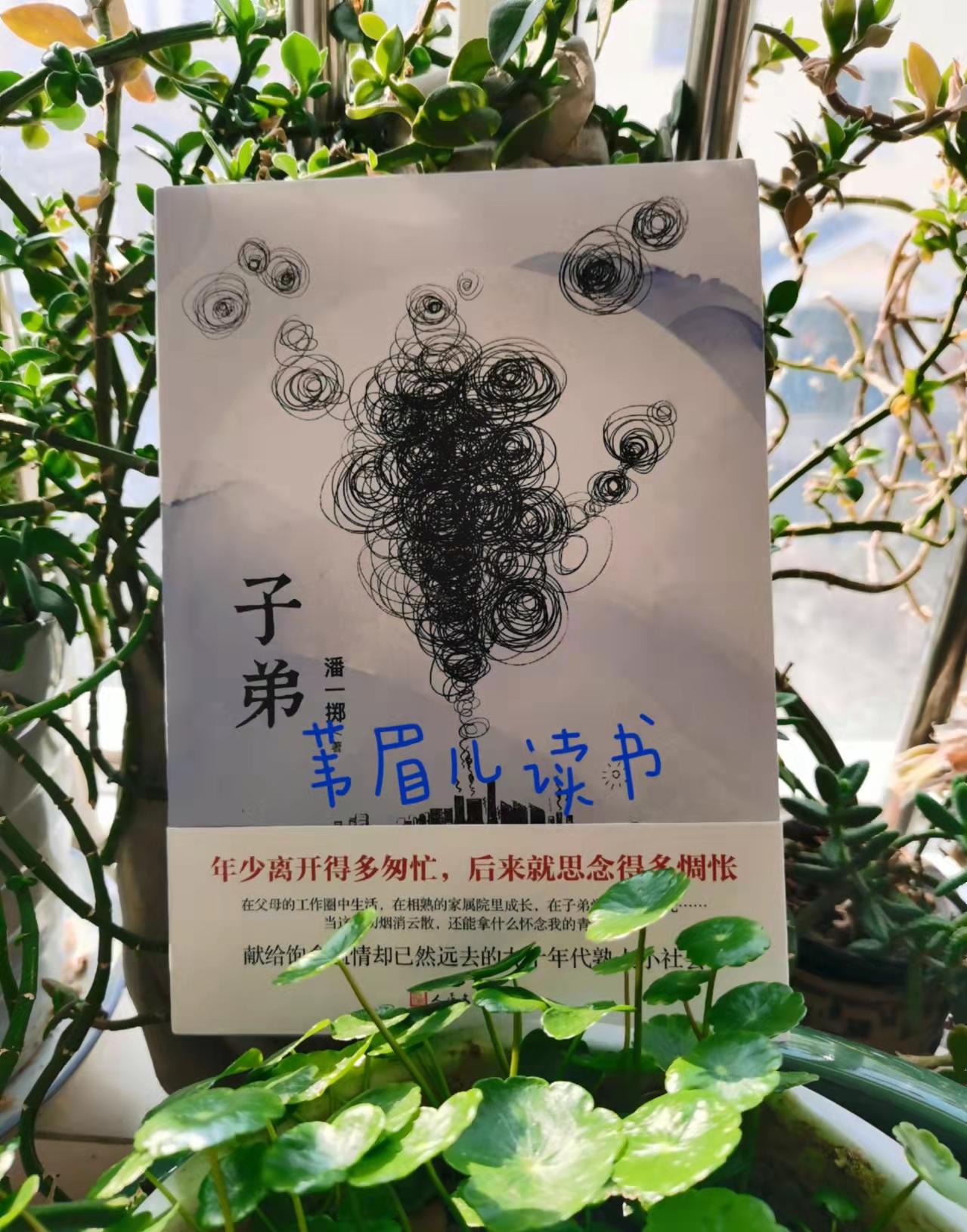
Alas, middle-aged you and I have nowhere to put the nostalgia
- Reading "The Children"
Text/Reed Eyebrows
When I was a child, I grew up in a small mountain village with beautiful mountains and rivers. Many years later, I returned to my hometown, stood in the place of the original old house, looked at the ruins of the broken walls and trees, and felt infinite desolation and emotion in my heart: Hometown, hometown is in front of me, but I can't find the familiarity and kindness of my childhood hometown, the familiar old house collapsed and disappeared, the kind neighbors have long moved away from the foreign country, and the childhood playmates are missing.
Reading Pan Yizhu's "Children", I vividly recreated the feeling and thought of returning to my hometown in the book. Although I am not one of the children of the factory and mine, the feeling of nostalgia for my hometown is very similar. I began to miss my childhood, my hometown, my neighbors, but I found that there was nowhere to miss, the sadness lies in this, the terrible thing is that there is nowhere to miss, there is no way and no place to put this strong homesickness, because everything is gone, everything is gone, everything is no longer a person.
alas!
The nostalgic novel "Children", in the broad background around the 1990s, depicts the children of the factory and mine eating and drinking Lhasa oil, salt, sauce and vinegar tea, through the life trajectory of the north- the Central Plains - the south, and witnessing the prosperity and development of the factory and mine, the stable development and then the process of decline and demise. The wheel of history rolls forward and refuses to stop, but many things, many things, many memories gradually fade and fade with the passage of time... The times are changing, the society is developing, the hometown is changing with each passing day, we, we, we have gradually lost our hometown, and we have become foreigners who have been forgotten by our hometown.
"No brain" Xiao Man, "unhappy" Xia Lei, beautiful girl Yan Xiaodan, bucket Wei Deluo, Hipster Zhuang Brother, excellent Meng Ge, Wang Dongdong... In the past, the small partners who fought and killed all day long went their separate ways, and the factories also went downhill in the economic transformation, and words such as layoffs, part-time work, and re-employment have increasingly become people's talk after dinner. Those blushing and restless gossip stories, the pure friendship between those friends, the inexplicable sense of superiority and super self-confidence of those miners' children, all disappear and forget in the daily decay and demise of their hometown. When everything that was once familiar no longer exists, when the sound of the countryside is difficult to find, when the hometown becomes a frame of landscape painting in the memory, everything is overwhelmed and collapsed.
When you and I grow up, we have each embarked on a different path in life, everyone has their own way to go, but the heart will always reflect the red sun and the bright moon in the hometown. At the moment when the road is bumpy and the future is confused, think of the hometown, as well as the people, things, scenes, and things related to the hometown, there is a place in the heart that has become very soft and soft, and the hometown has long penetrated into the blood veins into the bone marrow, mixed with the ignorant childhood years of fiery youth, but unfortunately, when people reach middle age, you and I can no longer put the heart that misses the hometown. Then, as if lost; then, lost and sorrowful; and so, sighing and frowning... The sentence on the waist seal said it well: "The more hurried it is to leave when you are young, the more you miss it later." ”
I have to say that Pan Yizhu, the author of "Children", is a person with a heart, he set up a "factory and mine children" group in Douban, so that those who chant "I am a factory and mine children, but I have no hometown" people's homesickness of nowhere to put, and finally have a side of the soul: big chimneys, red brick buildings, self-sufficient and fiery factory and mine life... These have become all that has been dusty history, once again alive and extended, renewed with new vitality, although you and I have nowhere to miss, but fortunately there are still some things, objects, stories, etc. to confirm, interpret and continue. You must know that the most serious consequence of forgetting your hometown is to be forgotten by your hometown, but fortunately we still have some of these memories.
Alas, although you and I have nowhere to miss you in middle age, this homesickness penetrates into the bone marrow, just like Pan Yitou presents the irreproducible nostalgia in "Children" again in the words in the book: there is a kind of hometown, called our factory; there is a kind of nostalgia, called miners' children.
I would like to remember our deceased homeland.